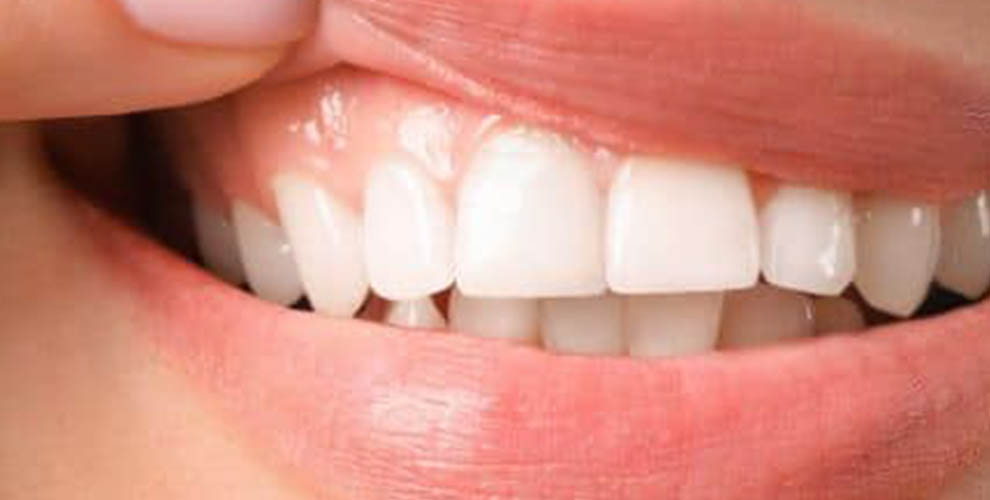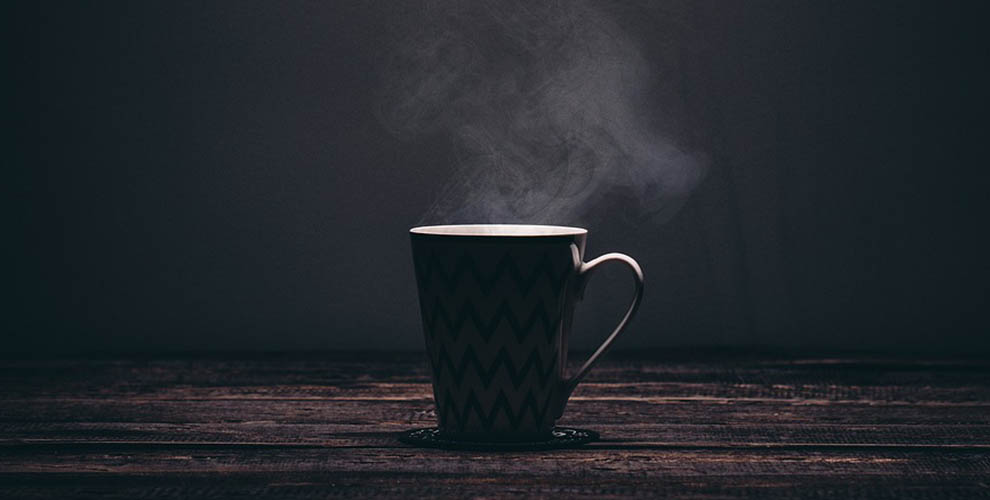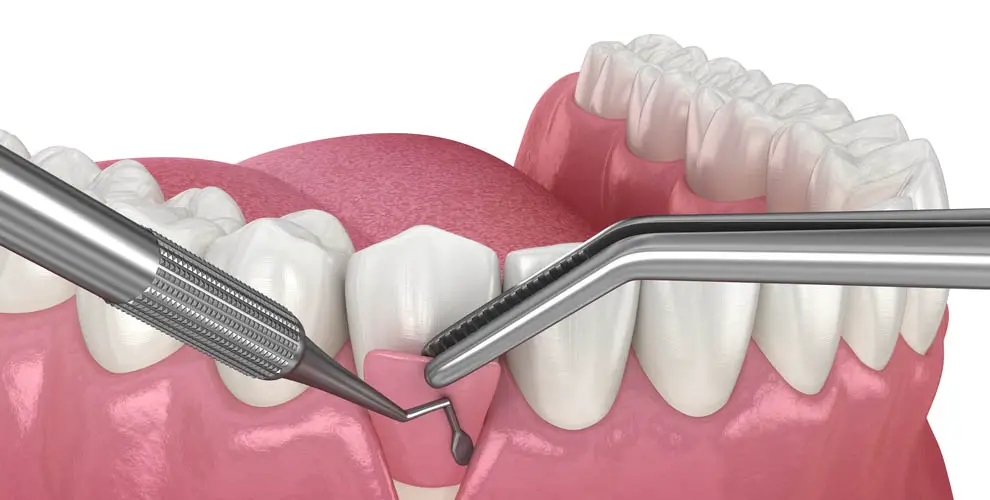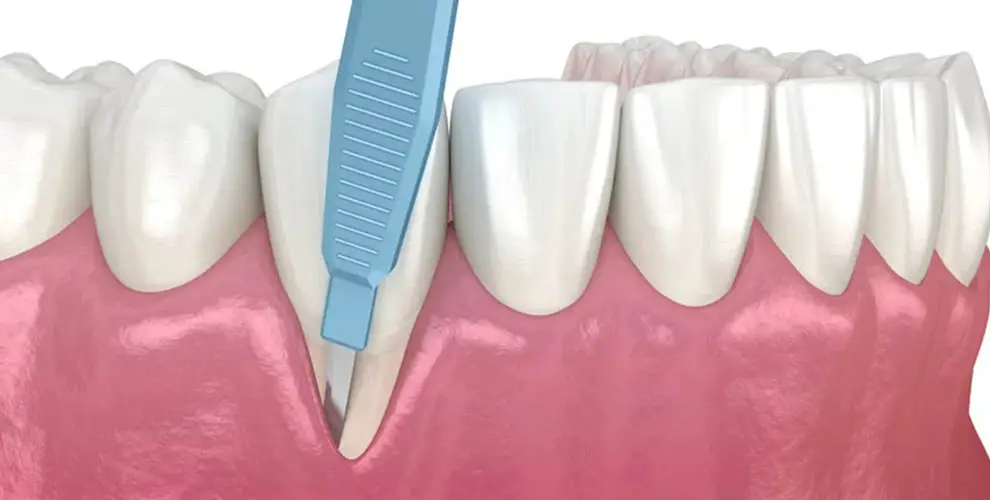Gum graft surgery is a dental procedure aimed at repairing receding gums, improving oral health, and enhancing the appearance of your smile. After the surgery, it’s essential to follow specific guidelines to ensure a smooth recovery process. One common question that patients often have is whether they can safely enjoy their favorite cup of coffee after gum graft surgery. Can I drink coffee after gum graft surgery without compromising the healing process? Let’s explore this topic and provide some insights into what you should consider.
General Guidelines for Post-Gum Graft Surgery
Before addressing coffee consumption, it’s important to understand the general guidelines for the post-surgery period:
Follow Your Dentist’s Advice:
Your dentist or periodontist will provide you with specific instructions tailored to your condition. It’s crucial to adhere to their guidance for a successful recovery.
Avoid Hot Foods and Beverages:
In the immediate days following gum graft surgery, it’s generally recommended to avoid hot foods and beverages, as heat can potentially disrupt the healing process and cause discomfort.
Stick to a Soft Diet:
To minimize irritation and prevent damage to the surgical site, consume a soft diet during the initial recovery period. This includes foods like yogurt, smoothies, mashed potatoes, and soup.
Can I drink coffee after Gum graft Surgery?
After gum graft surgery, it’s generally advisable to avoid consuming coffee, particularly in the immediate aftermath of the procedure. Coffee contains caffeine, which is a stimulant that can potentially interfere with the healing process.
Caffeine may increase blood pressure and heart rate, which could lead to increased bleeding or discomfort at the surgical site. Additionally, hot beverages like coffee can also irritate the sensitive tissues in your mouth, potentially causing pain or swelling.
Furthermore, coffee can have a dehydrating effect on the body, which may hinder the healing of the surgical site. Adequate hydration is crucial for promoting tissue regeneration and minimizing the risk of complications after gum graft surgery.
Therefore, it’s typically recommended to prioritize drinking plenty of water and avoiding beverages like coffee that can contribute to dehydration.
What are the guidelines and recommendations regarding coffee consumption during the recovery period after gum graft surgery?

During the recovery period following gum graft surgery, it’s typically recommended to avoid consuming coffee, at least for the first few days or as advised by your dentist or oral surgeon.
Coffee contains caffeine, which is a stimulant that can potentially interfere with the healing process. Caffeine may increase blood pressure and heart rate, which could lead to increased bleeding or discomfort at the surgical site.
Additionally, hot beverages like coffee can also irritate the sensitive tissues in your mouth, potentially causing pain or swelling.
Furthermore, coffee can have a dehydrating effect on the body, which may hinder the healing of the surgical site. Adequate hydration is crucial for promoting tissue regeneration and minimizing the risk of complications after gum graft surgery.
Therefore, it’s typically recommended to prioritize drinking plenty of water and avoiding beverages like coffee that can contribute to dehydration.
Avoiding coffee and other potentially irritating or dehydrating substances can help support a smooth and successful recovery.
How does coffee consumption affect the healing process and outcomes of gum graft surgery?

Coffee consumption can potentially have several adverse effects on the healing process and outcomes of gum graft surgery.
First, coffee contains caffeine, a stimulant that can increase blood pressure and heart rate. Elevated blood pressure can lead to increased bleeding at the surgical site, which may hinder the formation of blood clots necessary for proper wound healing. Excessive bleeding can also prolong the recovery process and increase the risk of complications such as infection.
Additionally, the temperature of hot coffee can irritate the delicate tissues in the mouth, including the newly grafted gum tissue. This irritation can cause discomfort, pain, and swelling, delaying the healing process.
Furthermore, acidic compounds present in coffee can potentially exacerbate inflammation and delay wound healing by disrupting the delicate balance of pH in the mouth.
Moreover, coffee has a diuretic effect, meaning it can increase urine production and contribute to dehydration. Proper hydration is essential for tissue regeneration and overall health, and dehydration can impede the healing process by reducing blood flow to the surgical site and impairing the body’s ability to deliver nutrients and remove waste products.
In summary, while moderate coffee consumption may not have a significant impact on the healing process for minor procedures, it’s generally advisable to avoid coffee following gum graft surgery to minimize potential complications and promote optimal healing outcomes.
Can you drink coffee immediately after the surgery, or should you wait for a specific period?

It’s generally advisable to avoid drinking coffee immediately after gum graft surgery and to wait for a specific period before resuming coffee consumption.
In the immediate aftermath of the procedure, it’s essential to prioritize rest and allow your body to begin the healing process without any potential interference from stimulants like caffeine.
Your dentist or oral surgeon will likely provide you with specific post-operative instructions, including guidance on when it’s safe to resume normal activities such as drinking coffee. Typically, it’s recommended to wait at least a few days before reintroducing coffee into your diet.
During this initial recovery period, it’s essential to follow your dentist’s recommendations for maintaining oral hygiene and managing discomfort. It’s also crucial to stay well-hydrated by drinking plenty of water, as adequate hydration supports the healing process and helps minimize the risk of complications.
If you’re unsure about when it’s safe to start drinking coffee again after gum graft surgery, don’t hesitate to reach out to your dental care provider for clarification and personalized guidance based on your individual circumstances and the specifics of your procedure. Following their recommendations will help ensure a smooth and successful recovery.
Full Recovery
Once you have fully recovered and received the go-ahead from your dentist or periodontist, you can return to your regular coffee habits, including enjoying hot coffee if you prefer. However, it’s essential to maintain proper oral hygiene and continue to rinse your mouth with water or a prescribed mouthwash after coffee consumption.
In summary, immediately after gum graft surgery, it’s generally best to avoid coffee consumption to allow your body to rest and recover without potential disturbances. As you progress in your recovery, you can gradually reintroduce coffee, provided it’s at an appropriate temperature, sipped slowly, and does not negatively impact your body’s response to caffeine.
Always follow the guidance of your dental professional, as they can provide personalized recommendations based on your specific condition and progress. By following these guidelines, you can ensure a comfortable and successful recovery after gum graft surgery.
Final Thoughts
For further insights into coffee and its various aspects, you can also explore these informative articles:


